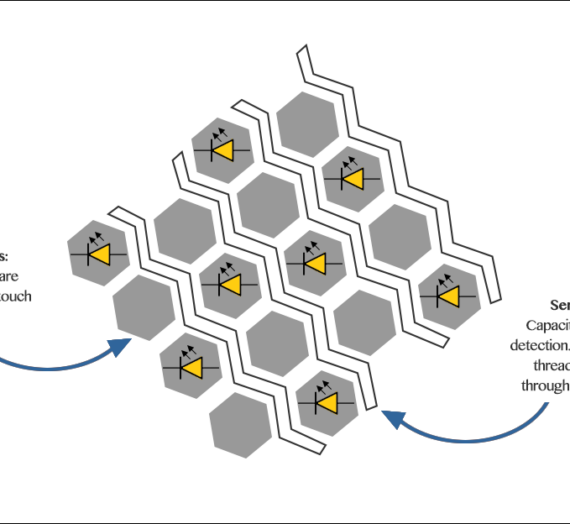Introduction
Touch Craft Ltd undertook a feasibility study to understand the market position, technologies and user requirement for a smart sock sensing system designed to help monitor foot problems for people living with diabetes. The proposed system would involve a non-invasive, low-cost approach to gathering and measuring skin and foot data considering parameters such as pressure, temperature and activity levels. The smart sock sensing system would enable both clinicians and patients to have a broader view of foot health and assist in improving the quality of life for patients and their carers’.
Project Aims
The aims of the feasibility study were to:
• Prototype appropriate technology for a smart sock.
• Review the current market, research competitors.
• Understand the needs of patients and clinicians.

Preliminary Prototypes
The study produced preliminary prototypes, see figure 1, using off the shelf technologies to present an initial proof of concept to help demonstrate the possibilities of a wearable ‘Smart Sock’ to physiotherapists and orthopaedic clinicians’. Further funding would support the development of more refined, robust prototypes if the project were to move to future studies. At this stage the preliminary prototypes are presented as rough ‘sketches’ using low fidelity, off-the-shelf technology to prompt discussion and help outline more specific features and functionality. A feasibility study is not extensive enough to test all the different fabrics and sensors that could be used to construct a smart sock. Prototyping helped the team understand the possibilities, limitations and outcomes that could then be experienced by clinicians and patient groups.



